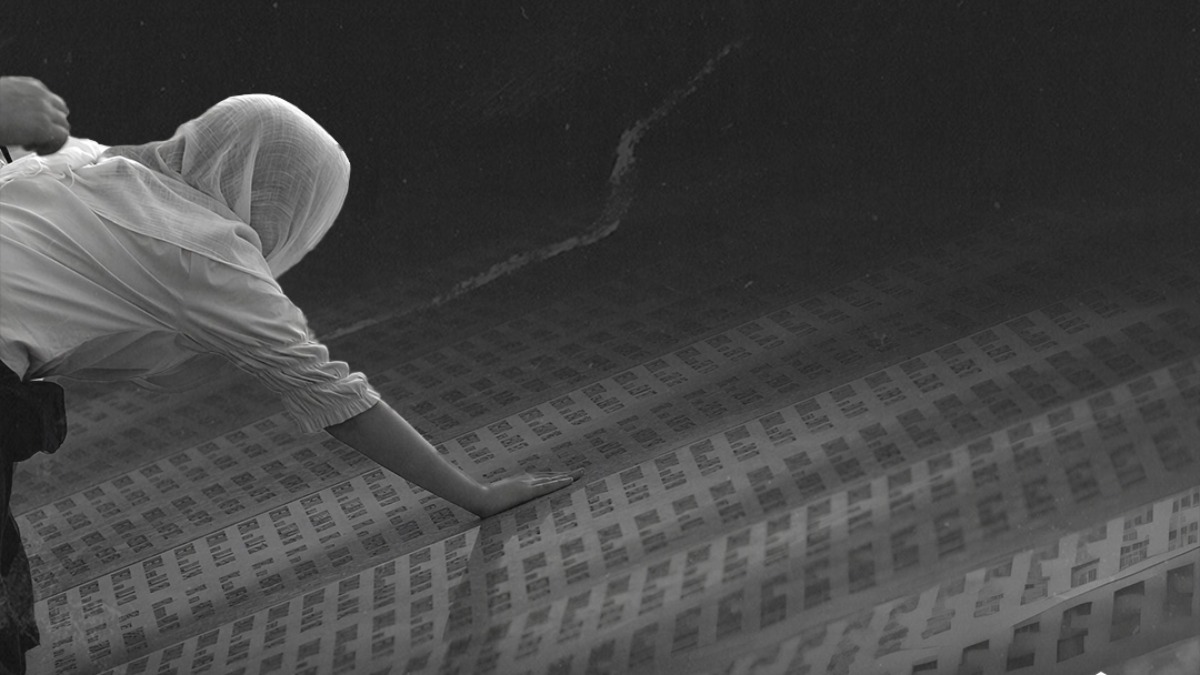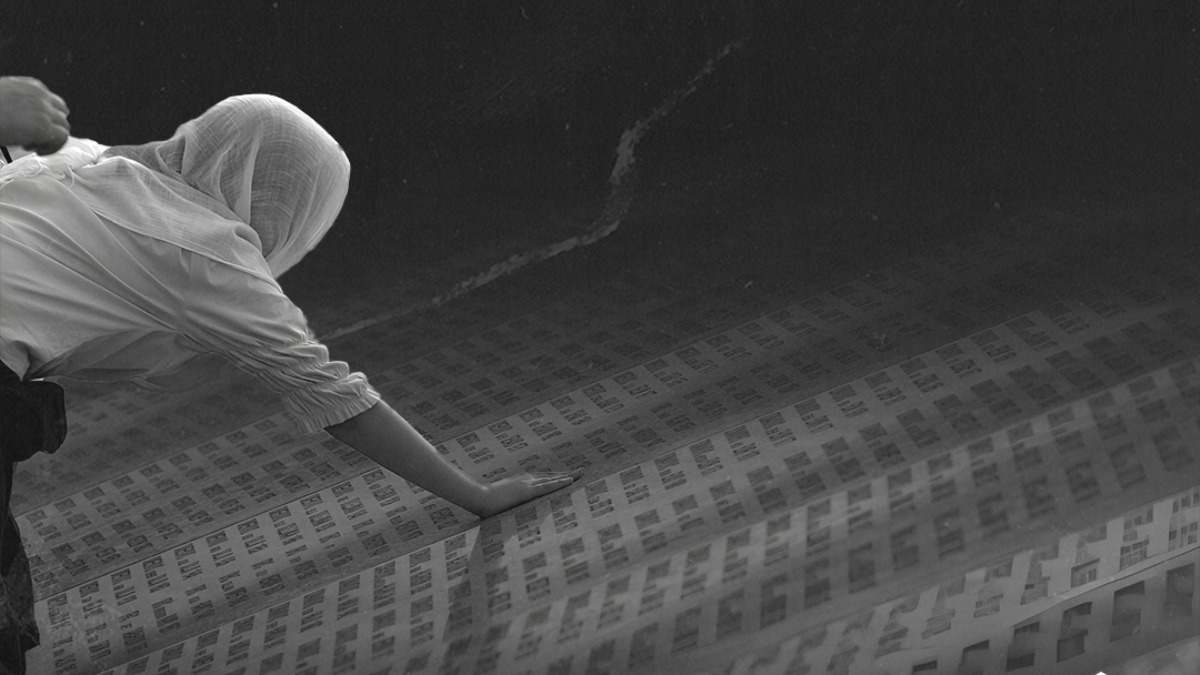Srebrenica Genocide: Why Is Montenegro Still Hesitating to Officially Recognize July 11?
Can you believe that in the 21st century, right in the heart of Europe, there is still hesitation to officially recognize and commemorate one of the most horrific crimes since World War II? Three NGOs in Montenegro — Human Rights Action (HRA), the Center for Civic Education (CGO), and the Center for Peace and Women’s Education Anima — are shouting loud and clear: NO! They demand the urgent establishment of July 11 as the official Day of Remembrance for the victims of the Srebrenica genocide.
The Genocide Europe Must Never Forget
Between July 11 and 19, 1995, the Army of the Republika Srpska systematically killed about 8,000 unarmed Bosniak men and boys aged 14 to 70. Among the victims was a baby born on July 13, whose body was exhumed from a mass grave. This crime has been legally recognized as genocide by the International Criminal Tribunal for the former Yugoslavia (ICTY), the International Court of Justice (ICJ), and numerous national courts across Europe.
So Why Has Montenegro Not Officially Recognized This Day?
Although the United Nations General Assembly adopted a resolution last year declaring July 11 as the International Day of Commemoration of the Genocide in Srebrenica, Montenegro has yet to formally adopt this date as an official Day of Remembrance. Montenegro’s Parliament adopted a resolution on the genocide on June 17, 2021, but concrete steps for institutional commemoration are still missing.
Shocking Statistics on Genocide Denial
Research by CGO in January this year shows that 18.5% of Montenegrin citizens deny that the genocide in Srebrenica happened, while 16.5% remain undecided. Among the youth, about 15% deny the genocide, and 18.4% either don’t know or refuse to answer questions about it. This is a shocking indicator of a lack of awareness and sensitivity towards the culture of remembrance.
Denying Genocide Is Not Just Ignorance — It’s Dangerous
Denying or downplaying genocide is not only illegal but also a direct insult to the dignity of victims and their families. It poses a threat to peace and stability in the region. A culture of remembrance and clear distancing from war crimes are the foundations of a responsible society based on the rule of law and respect for human rights.
NGOs Demand Action — And They Want It Now!
HRA, CGO, and Anima call on Montenegrin authorities to urgently initiate the procedure to officially proclaim July 11 as the Day of Remembrance for the Srebrenica genocide victims. They expect this date to be commemorated with dignity, in line with international standards and domestic obligations. This would send a clear message of commitment to truth, justice, and a culture of remembrance.
Why Does This Matter to All of Us?
Officially marking this day would not only honor the victims and support survivors but also help combat dangerous narratives that deny these crimes. It is a crucial step towards educating younger generations about the dangers of hatred, nationalism, and war crimes, and towards securing lasting peace in the region.
Conclusion: Montenegro at a Crossroads of History
Will Montenegro show courage and consistency in fulfilling its international obligations? Will it finally recognize and commemorate July 11 as the Day of Remembrance for the Srebrenica genocide victims? Or will it keep burying its head in the sand while truth and justice are swept under the rug?
If you have thoughts or maybe a witty joke about politics and memory, feel free to share — because this is not just about the past, it’s about the future of all of us.












